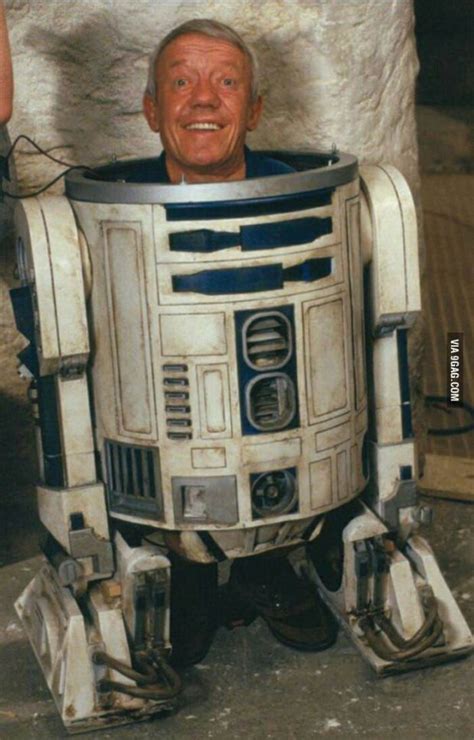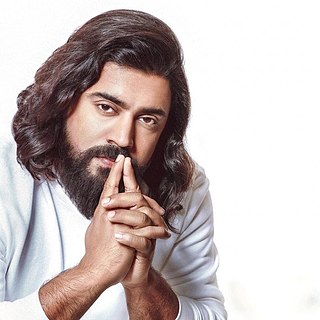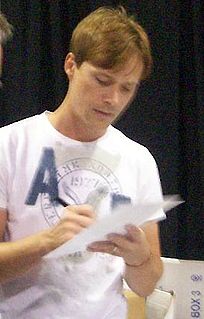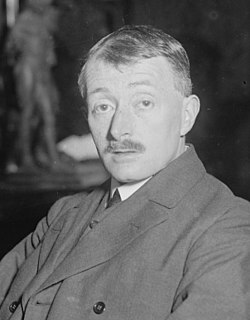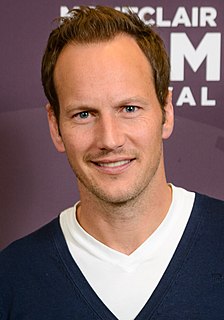A Quote by Billy Crudup
I never felt that I was typecast, but I was concerned about it. I certainly made an effort to take as many parts in theater and film that resisted that. If you only learn how to act a certain kind of role, it is very difficult to grow as an actor.
Related Quotes
I mean, in many ways, you know, I felt very connected to Ian (Dury) on, on a lot of levels. I mean, politically, & sort of, socially, our, kind of, social backgrounds are quite similar in many ways, as well as our kind of artistic endeavors. So there were many, many things that sort of chimed in for me, and kind of made me feel very instinctive about playing him, and, and although, there was sort of a certain amount of impression involved, actually, there's a lot of myself in the role.
Being an actor in TV or movies is different. A film or TV actor, if put in theatre, won't know certain dimensions, while a theatre actor won't know certain things when he comes before the camera. So I think a film actor can learn emoting from this theatre counterpart, while the theatre actor can learn about camera techniques from the film actor.
I'd prefer not to act in the film I'm directing. I think, though, as an actor, you do learn how to turn things on and off quickly and kind of compartmentalize. You learn to accommodate the camera and the other actors, to notice where the boom is and where you mark is, and be able to repeat something a few times.
There's something strange about theater. My characters consistently demonize elitism, but of course it's taking place in a theater where only so many people can see it. I've been in silly popcorn movies - the kind of thing that as an actor you might feel embarrassed about - but those movies reach many more people.
There’s something strange about theater. My characters consistently demonize elitism, but of course it’s taking place in a theater where only so many people can see it. I’ve been in silly popcorn movies - the kind of thing that as an actor you might feel embarrassed about - but those movies reach many more people.
You will learn more from your failures than your successes - so embrace those mistakes, as difficult as that sounds, and grow from them. When a project is successful, you're never really sure why, because so many elements come into play. However, when you fail, you always know why. That is how you learn and grow.
People call me a theater actor, but I'm just an actor. But I tell my friends all the time - especially a lot that do theater and haven't done a lot of TV/film - that you have so much more control over your work onstage. When you go onstage, you can really see the difference between people who can really do it, and people who are just kind of pretending to do it. There is no editor, there's nothing that's going to stop the actor from showing what they can do unless it's not a well-written role.









